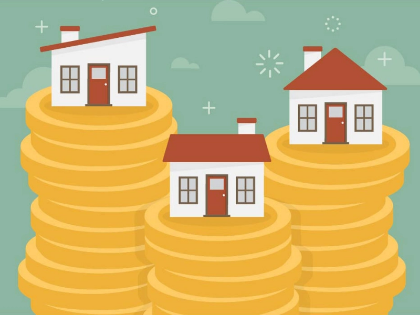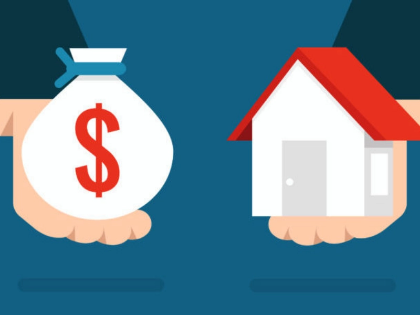How to Refinance Your Loans and When It Makes Sense
Debt refinancing is the process of taking out a new loan to replace an old one that may have better terms, such as a shorter payback period or a cheaper interest rate. Numerous consumer lenders offer refinancing options for personal loans. If the following criteria are satisfied, refinancing might be wise:
1. There is a decrease in interest rates.
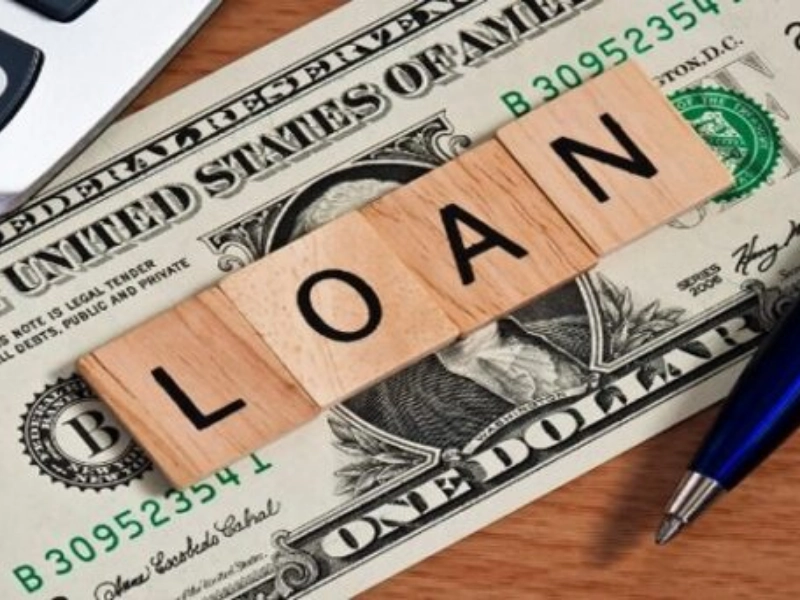 Over time, interest rates can change based on a number of variables, including the economy and monetary policy at the federal level. It could be a good idea to refinance your loans when rates go down.
For instance, if you own a home, refinancing to a lower rate can help you save money over the course of your loan by lowering your monthly mortgage payment. You can also convert your loan type through refinancing, going from an adjustable-rate mortgage (ARM) to a fixed-rate mortgage, for instance.
Refinancing can also be used to modify the term of your loan, allowing you to shorten it to reduce your monthly payment or lengthen it to pay off your debt more quickly. But be advised that you will end up paying more in interest overall if your loan term is shortened. You should carefully consider the benefits and drawbacks of refinancing before deciding whether to use it to help you achieve your financial objectives. You might need a co-signer to be eligible for a new loan if your credit score is low.
Over time, interest rates can change based on a number of variables, including the economy and monetary policy at the federal level. It could be a good idea to refinance your loans when rates go down.
For instance, if you own a home, refinancing to a lower rate can help you save money over the course of your loan by lowering your monthly mortgage payment. You can also convert your loan type through refinancing, going from an adjustable-rate mortgage (ARM) to a fixed-rate mortgage, for instance.
Refinancing can also be used to modify the term of your loan, allowing you to shorten it to reduce your monthly payment or lengthen it to pay off your debt more quickly. But be advised that you will end up paying more in interest overall if your loan term is shortened. You should carefully consider the benefits and drawbacks of refinancing before deciding whether to use it to help you achieve your financial objectives. You might need a co-signer to be eligible for a new loan if your credit score is low.
2. Your credit score is higher.
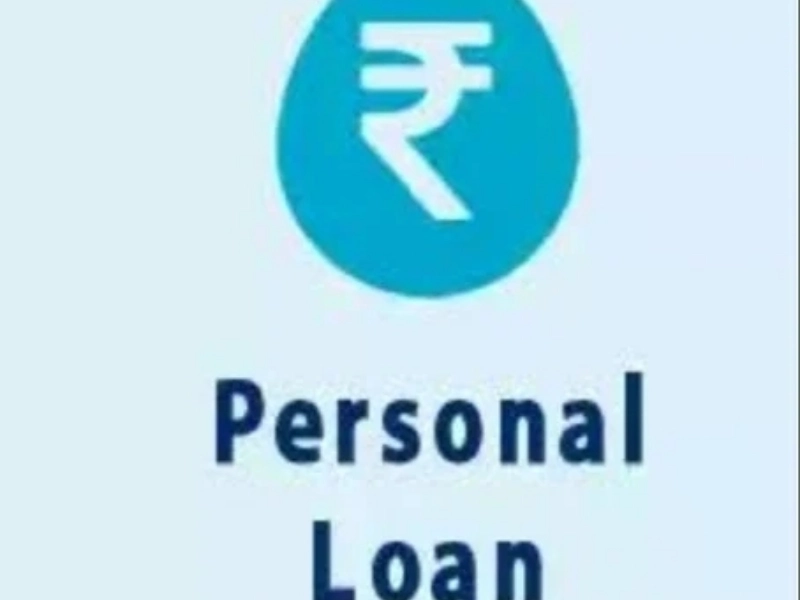 Refinancing is an option for many loan types, including credit card debt, mortgages, auto loans, and student loans. You can save money by refinancing if you want to decrease the loan term or lower your interest rate. By enabling you to settle several high-interest loans into a single low-interest loan, it can help raise your credit score.
Due to the fact that refinancing entails reassessing a borrower's credit conditions and financial status, lenders will need the same records as they did for your initial loan application. Examining your earnings, possessions, debt, and credit score is part of this.
Another way to modify your current rate is through a refinance; for example, you can go from an adjustable-rate mortgage (ARM) to a fixed-rate mortgage. To make sure refinancing works for you, you should carefully weigh the upfront fees as well as any potential future changes to your rate and payment schedule.
Refinancing is an option for many loan types, including credit card debt, mortgages, auto loans, and student loans. You can save money by refinancing if you want to decrease the loan term or lower your interest rate. By enabling you to settle several high-interest loans into a single low-interest loan, it can help raise your credit score.
Due to the fact that refinancing entails reassessing a borrower's credit conditions and financial status, lenders will need the same records as they did for your initial loan application. Examining your earnings, possessions, debt, and credit score is part of this.
Another way to modify your current rate is through a refinance; for example, you can go from an adjustable-rate mortgage (ARM) to a fixed-rate mortgage. To make sure refinancing works for you, you should carefully weigh the upfront fees as well as any potential future changes to your rate and payment schedule.
3. You wish to pay off your debt more quickly.
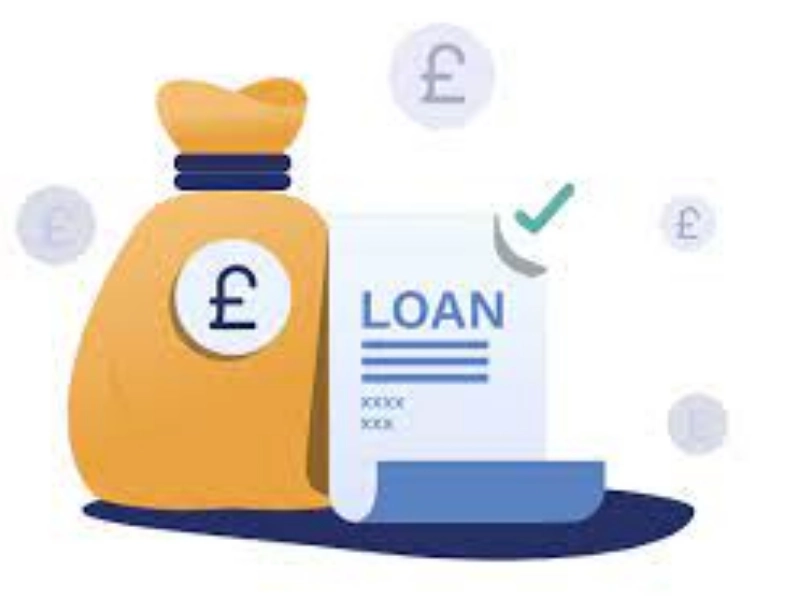 Although loans are a vital part of life, they can also add up to an unmanageable debt mountain. Your debts may be paid off more quickly if you refinance because you will pay less interest and have a shorter payback period.
But when you refinance, your credit history and report must be examined by a new lender. This can result in a hard inquiry into your credit reports, which can drop your score. However, the effects are usually only slight and transient.
Besides making extra payments on top of your monthly payback, there are other strategies to pay off your loans more quickly. You can save thousands of dollars in interest charges and lower the overall cost of your loan by increasing your monthly payments. This can be accomplished by finding a second gig to supplement your income, selling things you no longer need, or even using any money you receive as a birthday or holiday present toward your loan. Make sure you have the money, though, because you should be able to pay more than the monthly minimum.
Although loans are a vital part of life, they can also add up to an unmanageable debt mountain. Your debts may be paid off more quickly if you refinance because you will pay less interest and have a shorter payback period.
But when you refinance, your credit history and report must be examined by a new lender. This can result in a hard inquiry into your credit reports, which can drop your score. However, the effects are usually only slight and transient.
Besides making extra payments on top of your monthly payback, there are other strategies to pay off your loans more quickly. You can save thousands of dollars in interest charges and lower the overall cost of your loan by increasing your monthly payments. This can be accomplished by finding a second gig to supplement your income, selling things you no longer need, or even using any money you receive as a birthday or holiday present toward your loan. Make sure you have the money, though, because you should be able to pay more than the monthly minimum.
4. Your financial situation is complicated.
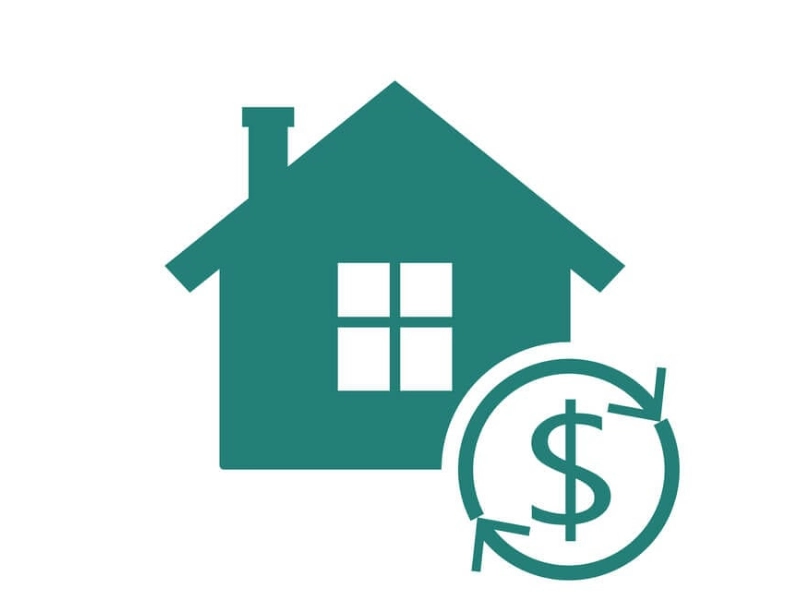 Refinancing your debts could make sense if you're going through financial troubles, such as losing your job or seeing a decrease in income. Refinancing allows you to merge several obligations into one, lowering monthly payments and combining interest rates into a single fixed rate.
To reduce your monthly payments, you can also extend the payback period. However, as more of your payments will go toward interest rather than principal, this could result in higher interest payments for you over the course of the loan.
Always conduct a thorough study before deciding to refinance your debt. To find out your current loan payoff balance and about any prepayment penalties that can offset the advantages of refinancing, get in touch with your original lender. For the best deal on your new loan, compare quotes from many lenders as well.
Refinancing your debts could make sense if you're going through financial troubles, such as losing your job or seeing a decrease in income. Refinancing allows you to merge several obligations into one, lowering monthly payments and combining interest rates into a single fixed rate.
To reduce your monthly payments, you can also extend the payback period. However, as more of your payments will go toward interest rather than principal, this could result in higher interest payments for you over the course of the loan.
Always conduct a thorough study before deciding to refinance your debt. To find out your current loan payoff balance and about any prepayment penalties that can offset the advantages of refinancing, get in touch with your original lender. For the best deal on your new loan, compare quotes from many lenders as well.


